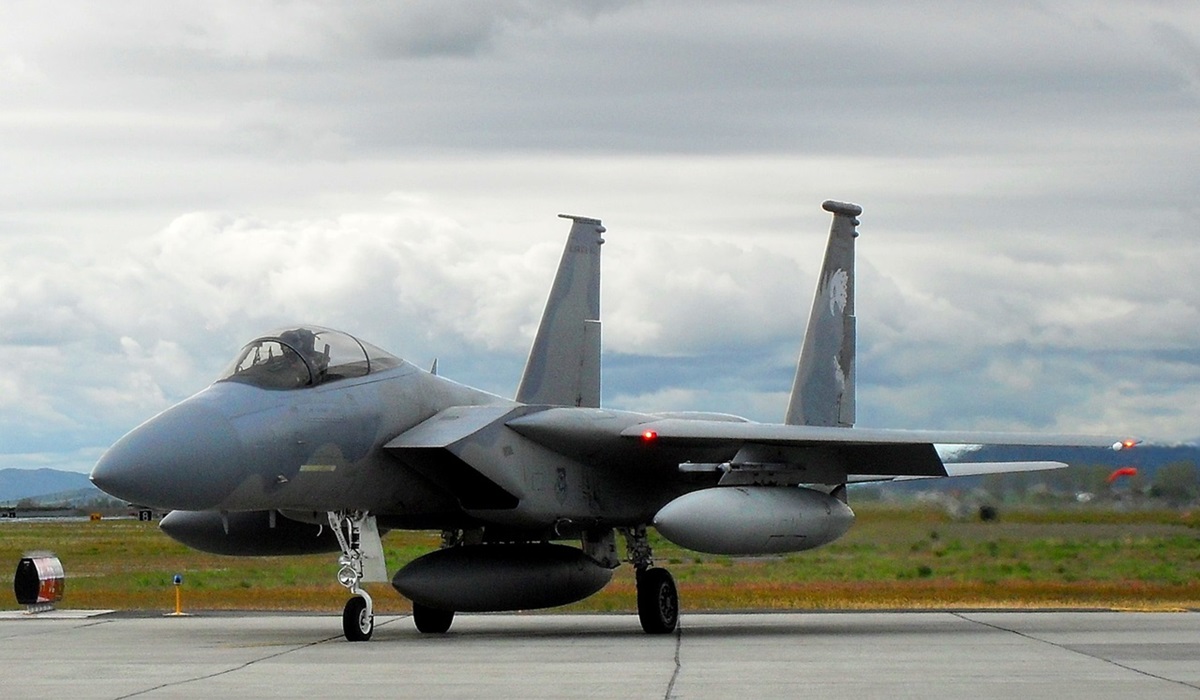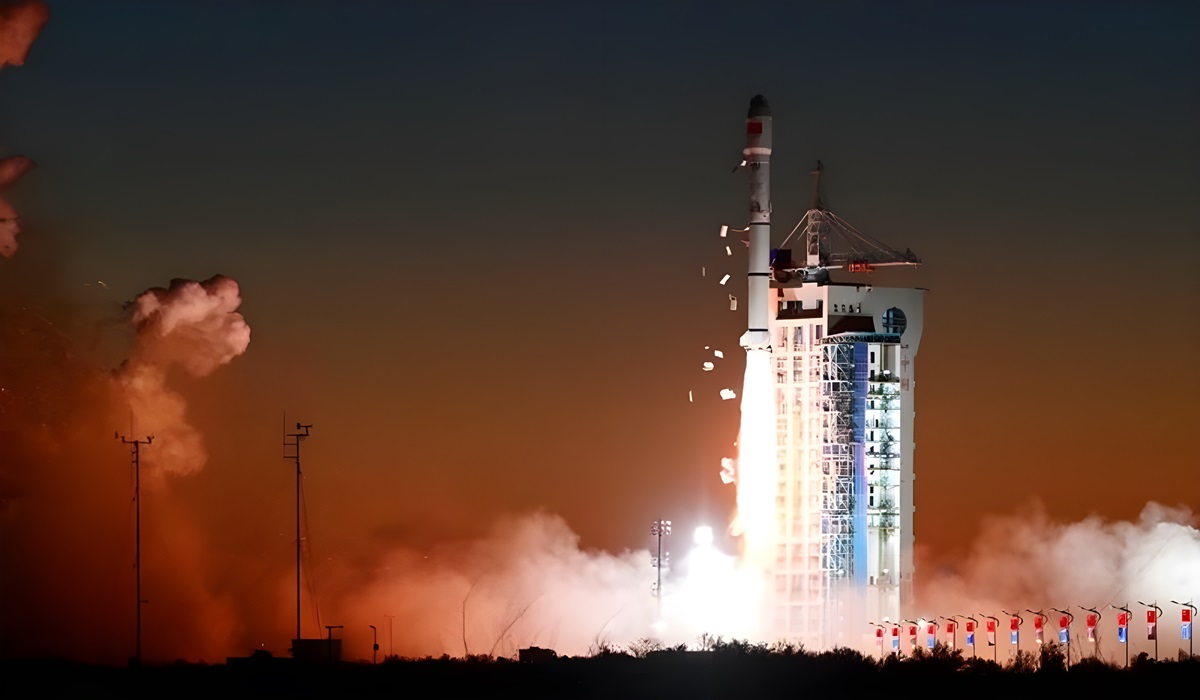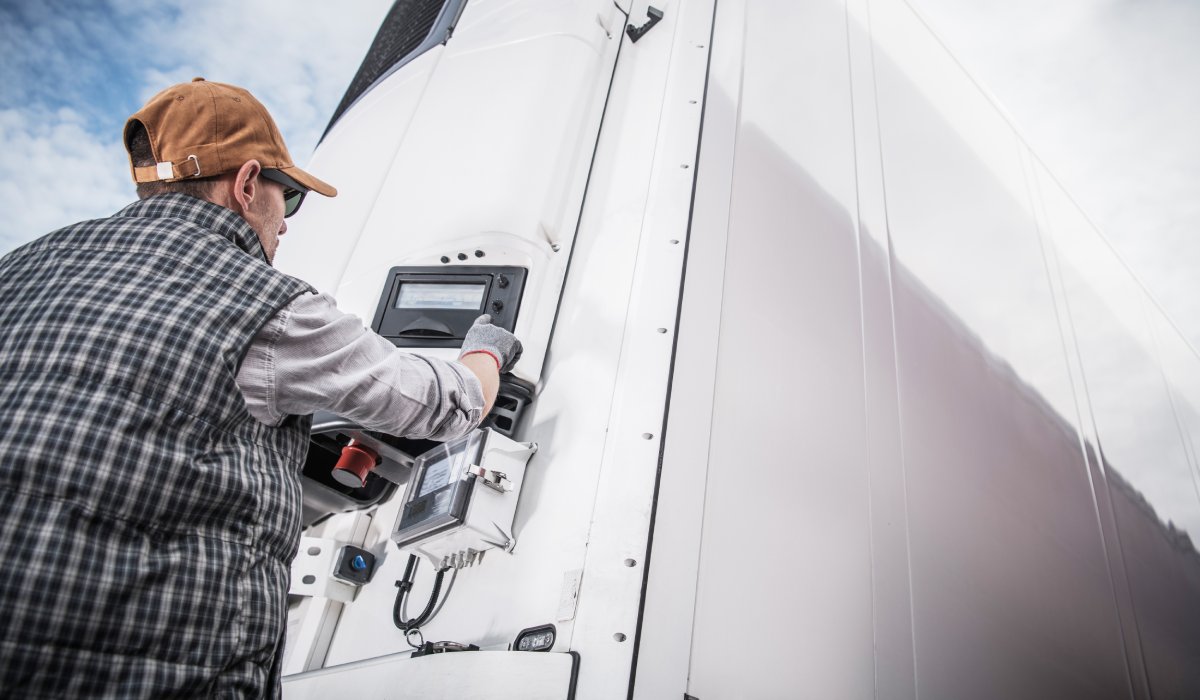Image Credit, Don White
The U.S. government, the newly minted Department of Government Efficiency (DOGE) Elon Musk as its inaugural Secretaries, with entrepreneur and political firebrand Vivek Ramaswamy. DOGE’s mission? Root out waste, streamline processes, and revolutionize the way America operates, starting with one of its largest and most scrutinized areas of spending: defense.
Musk, never one to shy away from controversy, has already signaled his intent to tackle what he sees as gross inefficiencies in the Department of Defense (DoD). In a recent post on his social media platform X, Musk called out the design of the F-35 fighter jet as emblematic of the Pentagon’s systemic wastefulness. “The F-35 design was broken at the requirements level, because it was required to be too many things to too many people,” Musk wrote. “This made it an expensive & complex jack of all trades, master of none. Success was never in the set of possible outcomes.”
Musk went further, declaring manned fighter jets obsolete in the age of drones. “They will just get pilots killed,” he added, arguing that defense contractors and the Pentagon have clung to outdated paradigms while the rest of the world evolves technologically. He also drew a direct comparison to Tesla’s groundbreaking manufacturing methods, highlighting the inefficiencies of assembling fighter jets in multiple parts versus Tesla’s revolutionary single-cast production approach.
The numbers back up Musk’s critiques. The U.S. defense budget surpassed $1 trillion in 2024—a staggering figure that becomes even more alarming when paired with repeated reports of trillions in unaccounted funds and misplaced equipment. The bloated budget also funds over 800 known U.S. military bases around the globe, a number that doesn’t include the countless clandestine installations. These figures, combined with inefficiencies in procurement and production, make the Pentagon a prime target for DOGE’s efficiency overhaul.
Musk and Ramaswamy appear undeterred by the challenge ahead. Their goal is not just trimming excess but fundamentally transforming the DoD into a lean, agile entity capable of addressing 21st-century threats. Critics argue that Musk’s private-sector methods may not translate seamlessly to government bureaucracy, but supporters counter that his track record of disruptive innovation is exactly what the government needs.
The creation of DOGE and the appointment of figures like Musk and Ramaswamy signal a bold experiment in governance. If successful, this effort could not only reign in runaway spending but also set a precedent for a more accountable and efficient federal government. Whether Musk’s vision of casting aside outdated practices and adopting Tesla-like efficiencies can reshape the Pentagon remains to be seen, but one thing is clear: DOGE is wasting no time targeting the sacred cows of government spending.









